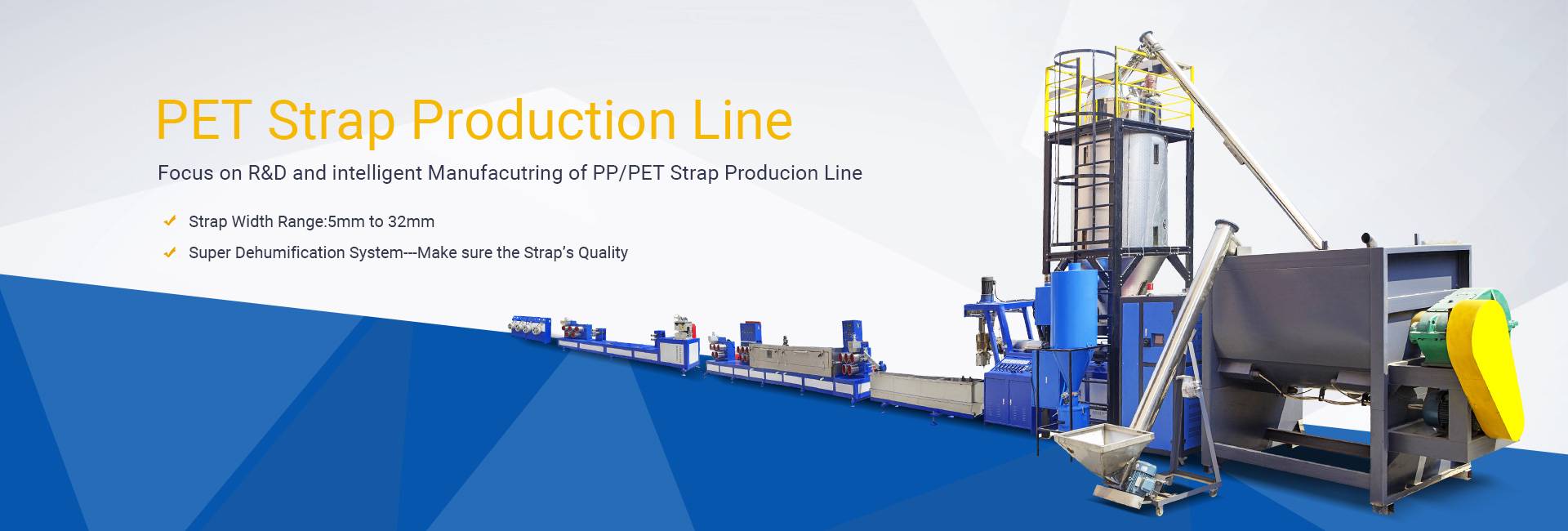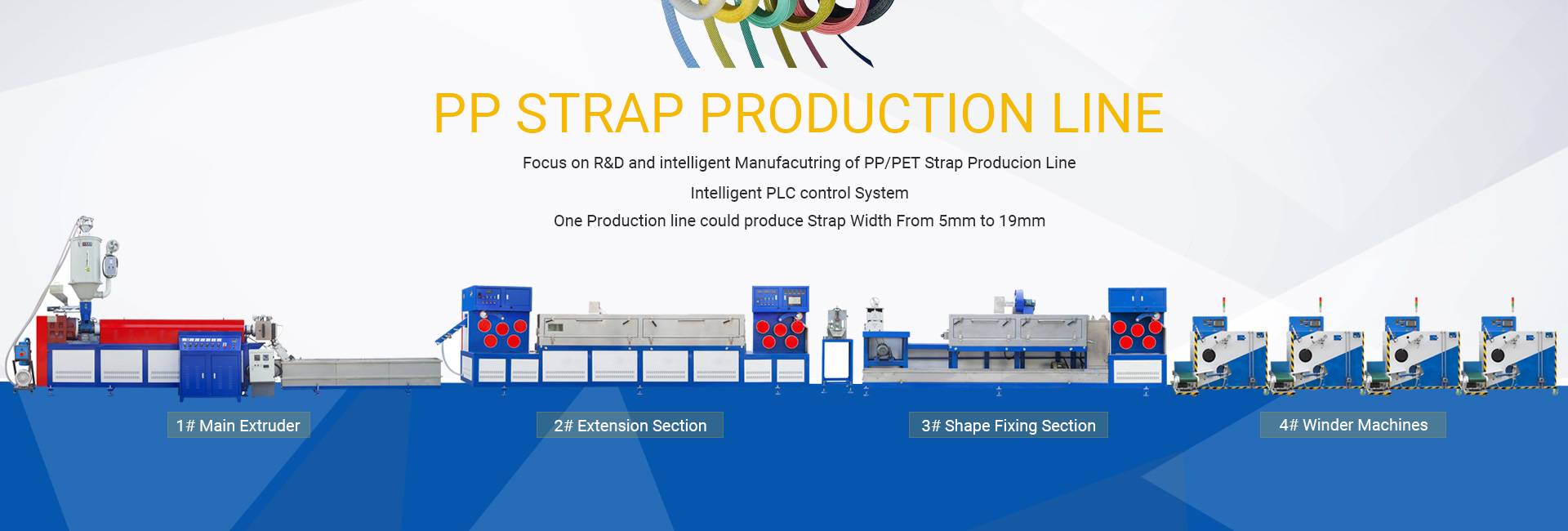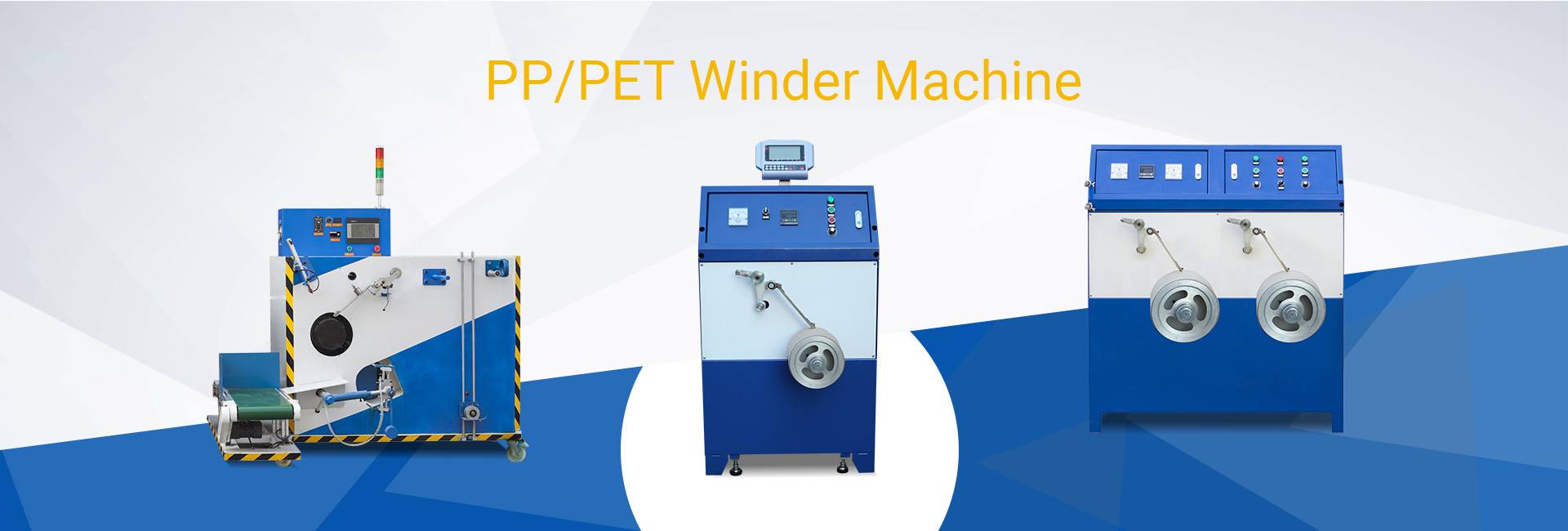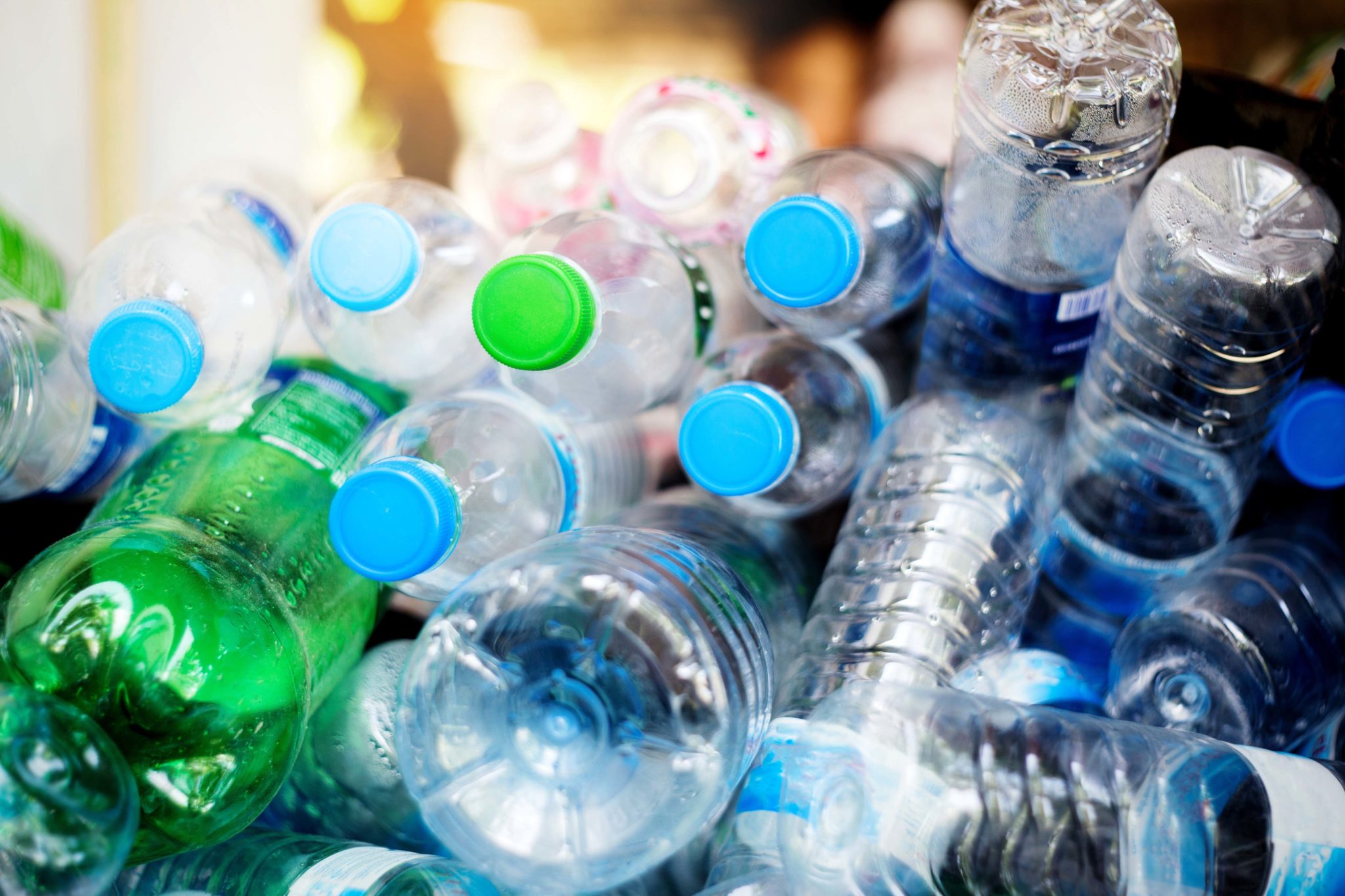High quality recycling is therefore an indispensable solution for processing plastic waste. Recycling considerably benefits the environment, as new goods are replaced by recycled goods: it reduces demand for raw resources, requires less energy for processing, and reduces the quantity of plastic in landfill.
PET is the most recycled plastic because of its multiple advantages over other types of plastic. First of all, it is a very inert polymer, which makes PET packaging ideal for storing food, as it has virtually no interaction with the contents. It has the property of creating a barrier for oxygen and water and can be easily formed, it is highly resistant and very lightweight – perfect for beverage bottles. Also, it can be used to produce transparent bottles, which is not possible with PE or PP.
PET Recycling – a growth industry
In an industrialized affluent society, we rely on plastic. However, recycling must increase significantly. Through effective and high-quality recycling, we can move towards a circular economy approach, thus protecting nature and the environment for future generations. Recycling rates are increasing as a result of growing public awareness and greater effectiveness in recycling operations. Stadler is at the forefront of this progress, constantly searching for ways to maximize the efficiency of the recycling process and the quality of the output. It has planned and built more than 20 sorting plants for mixed plastic bottles across the world, of which more than 10 exclusively dedicated to PET.
In this context, PET recyclate is set to become increasingly important due to a variety of factors, as Roland Göggel, Sales Director for Germany, Austria and Switzerland at Stadler, explains: “Until recently there were no specifications for the use of recyclates in manufacturing new products, but this is not the case any more. The EU has introduced new regulations stipulating that beverage bottles must contain 25% recycled content by 2025 and 30% by 2030. At least as important is the appearance of new collection and recycling routes for plastic packaging, which together with changes in consumer behavior will give recycling an enormous boost. The plastics manufacturing and processing industry is now showing great interest in recycling, which was not the case in the past. However, the targets set by the EU regulation can only be achieved if all sectors involved in the process work together.”
The used PET bottles are collected and delivered to the recycling plant, where labels and caps are removed. The bottles are sorted by color and shredded. The material is washed, dried and decontaminated, then melted at 270oC and granulated. The resulting product, called “regranulate”, is mixed with new granulate and melted, then fed into injection moulding machines to produce “preforms” for new PET bottles. The preforms are transported to the filling plant, where they are heated and blown into PET bottles. Once cleaned and labelled, the bottles are ready for refilling and sale. The circle is closed as they begin a new life.
Environmental benefits of PET recycling
Recycling reduces the environmental impact of the PET industry in different ways. The first advantage is the reduction in the use of raw materials: new bottle preforms can be made with approximately 35% regranulate, with a consequent saving of the crude oil that would have been used to produce new granulate. In addition, recycling plastic requires 88% less energy than producing plastics from new raw materials (source: “An Overview of Plastic Recycling” by Rick Leblanc – the balance small business).
Used PET bottles can be a valuable resource for the packaging sector and other industries, and can play an important role in addressing the environmental impact of plastic. However, it remains underused in many areas. Stadler has seen an opportunity to close the recycling circle and has partnered with Krone’s, a well-established name in the food and beverage industries. The two partners aim to harness the advantages of plastics recycling for customers around the world to benefit customers as simply and profitably as possible. “We want to provide our customers with the highest quality material output in the industry,” explains Willi Stadler, CEO of Stadler.
Together, Stadler and Krone’s will offer a complete package, from sorting through to the washing process, and all the way to the creation of a new plastic product: “this cooperation partnership enables us to offer process engineering from heterogeneous waste mixtures to the finished plastic bottle,” explains Roland Göggel. “As far as I know, no other company on the market can offer this extensive process competence. Having the entire processing under one roof means that the concepts can be improved and adapted even more specifically to the task at hand, both qualitatively and economically. And we can offer solutions not only for plastics such as PET, but also for mass plastics such as PE, PP or PS, making an important contribution towards achieving the EU recycling targets.”
The partnership not only aims to offer customers the two partners’ tried-and-tested solutions as complete single-sourced turnkey plants, but also develop jointly new solutions, processes and technologies for the sorting and treatment of waste. By combining their specialist expertise and technologies, Krone’s and Stadler expect to generate significant momentum for recycling technology and the associated circular economy.
Post time: Jul-28-2020




